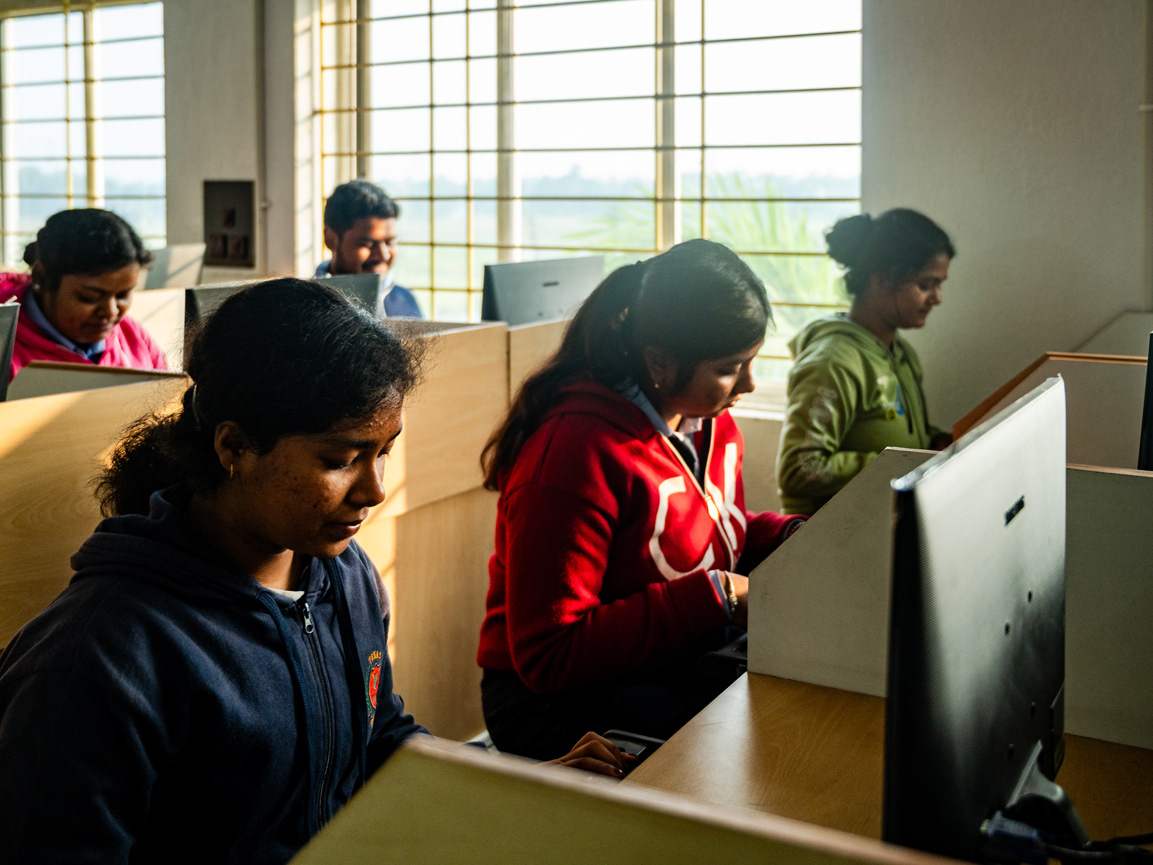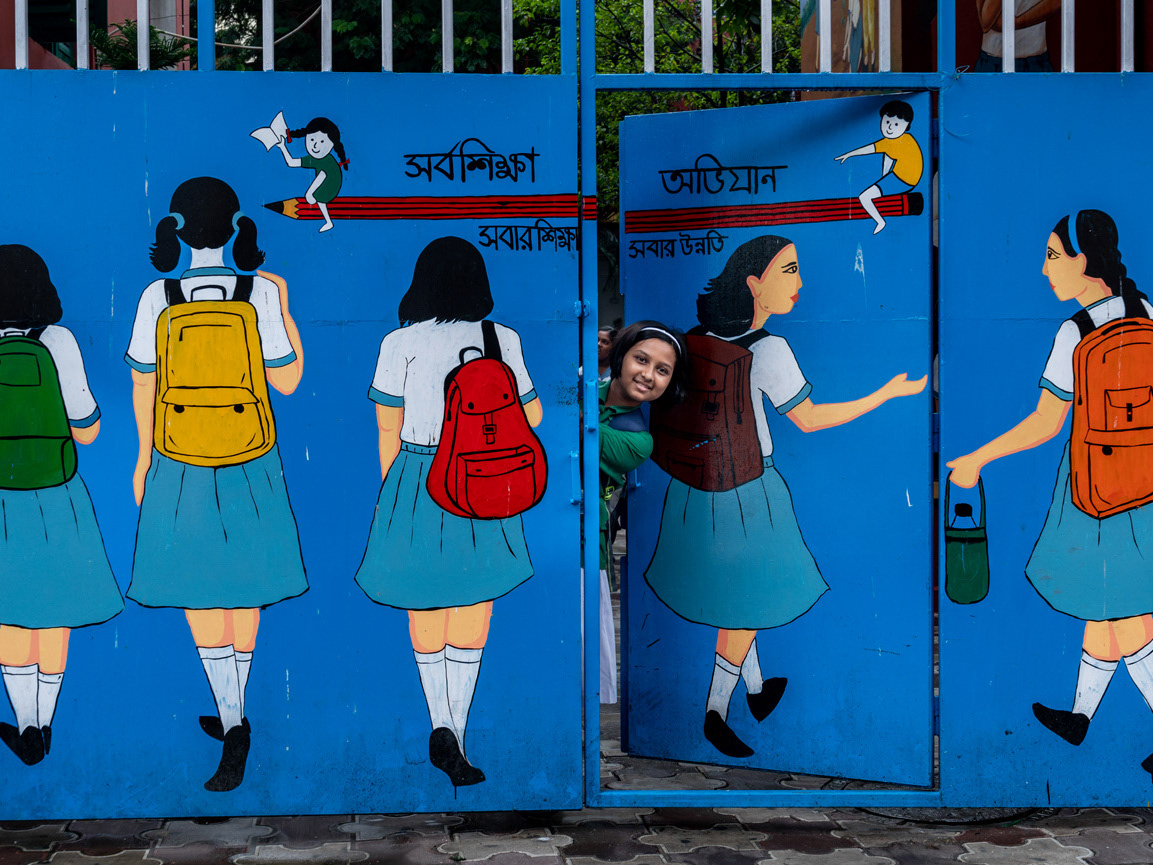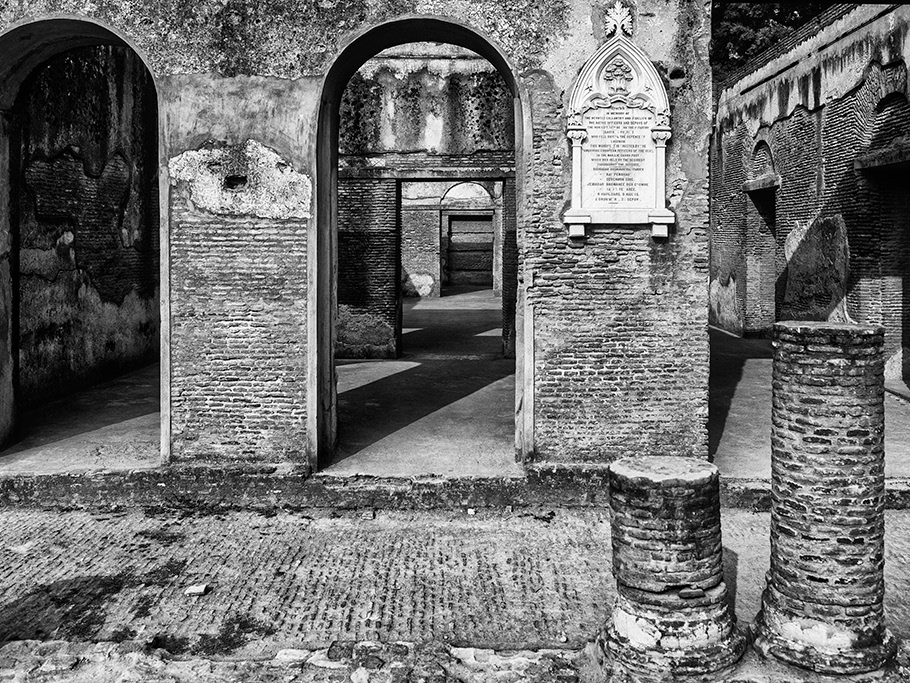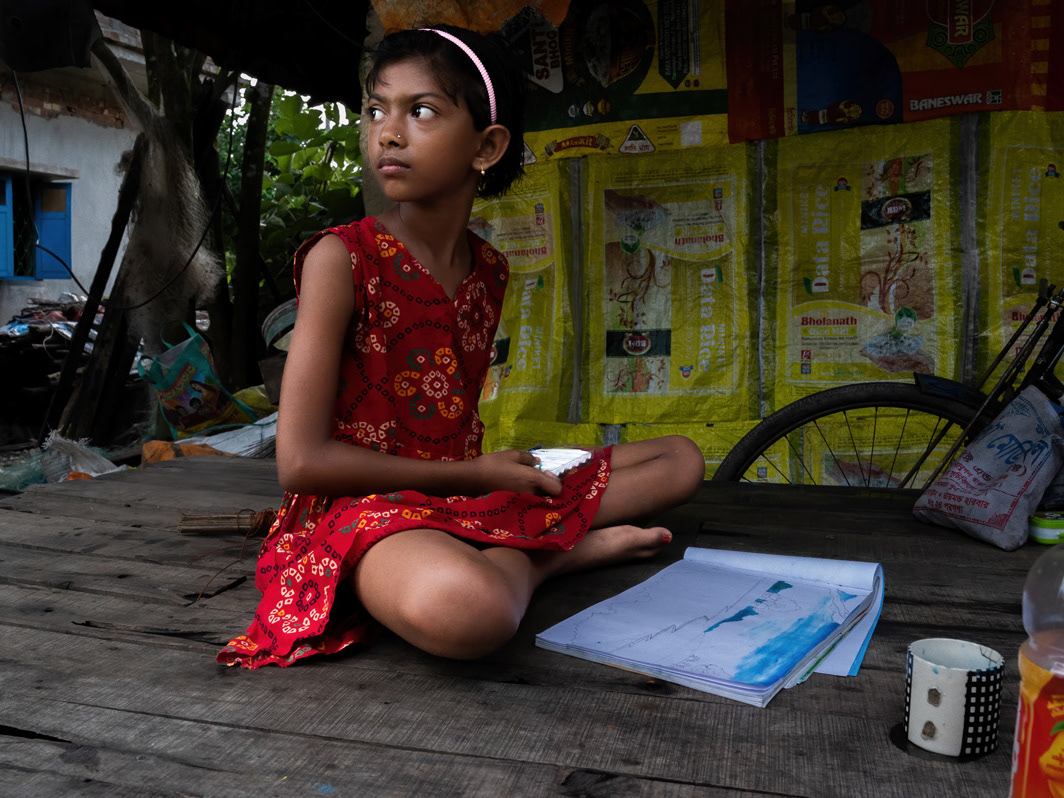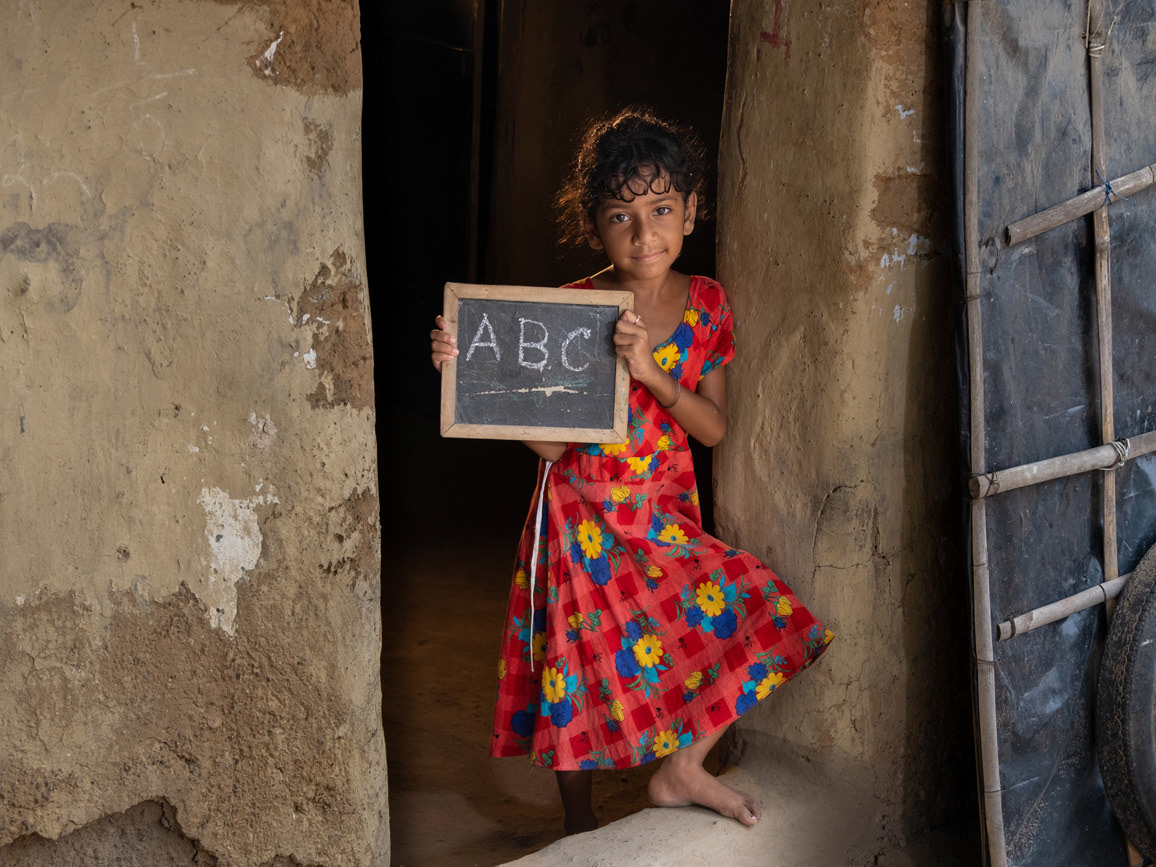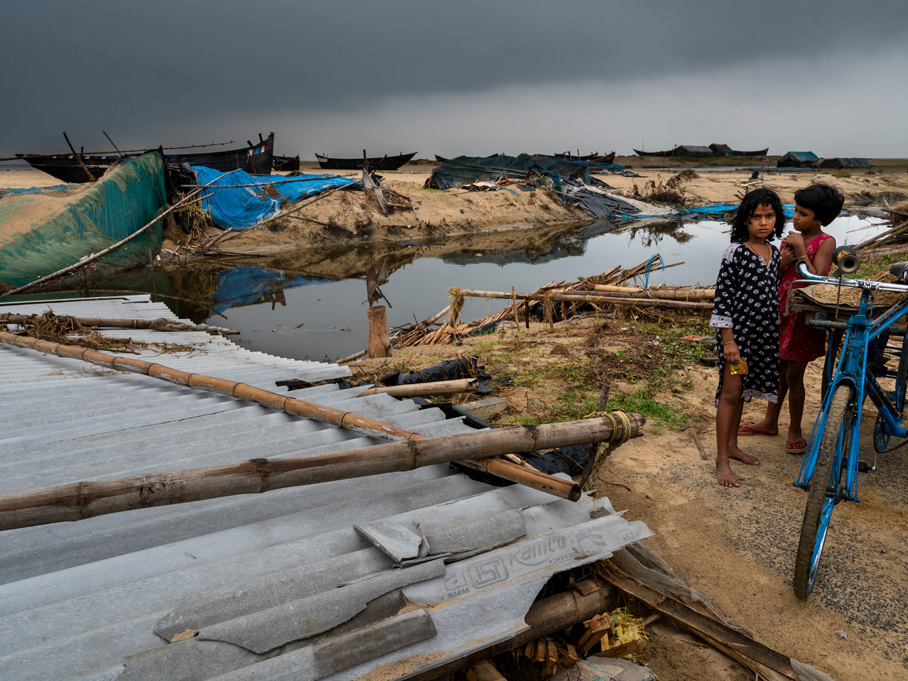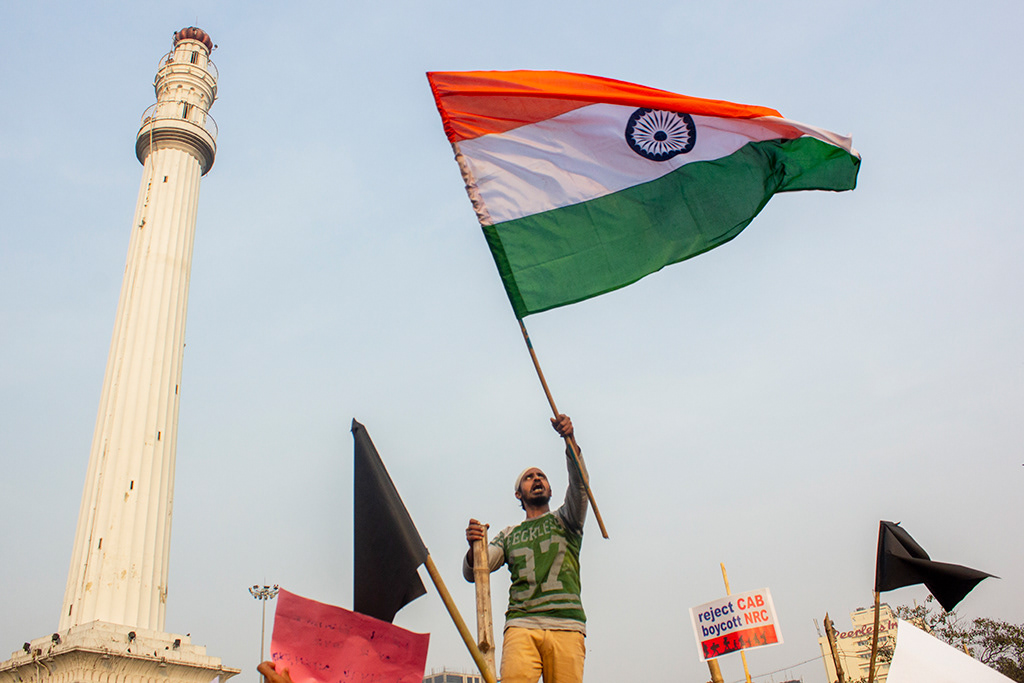
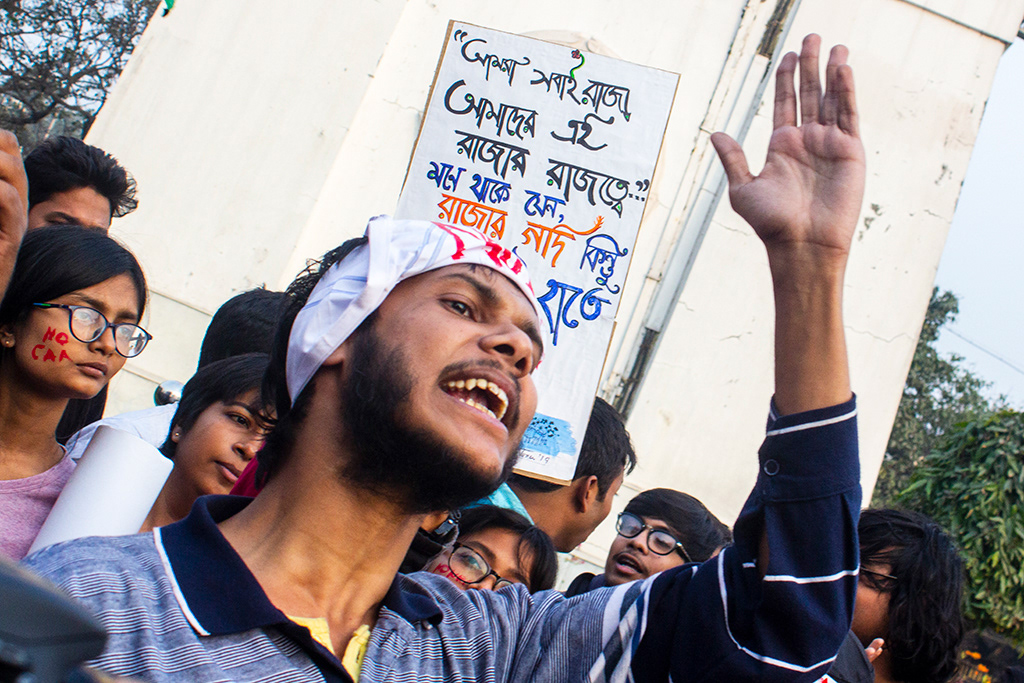
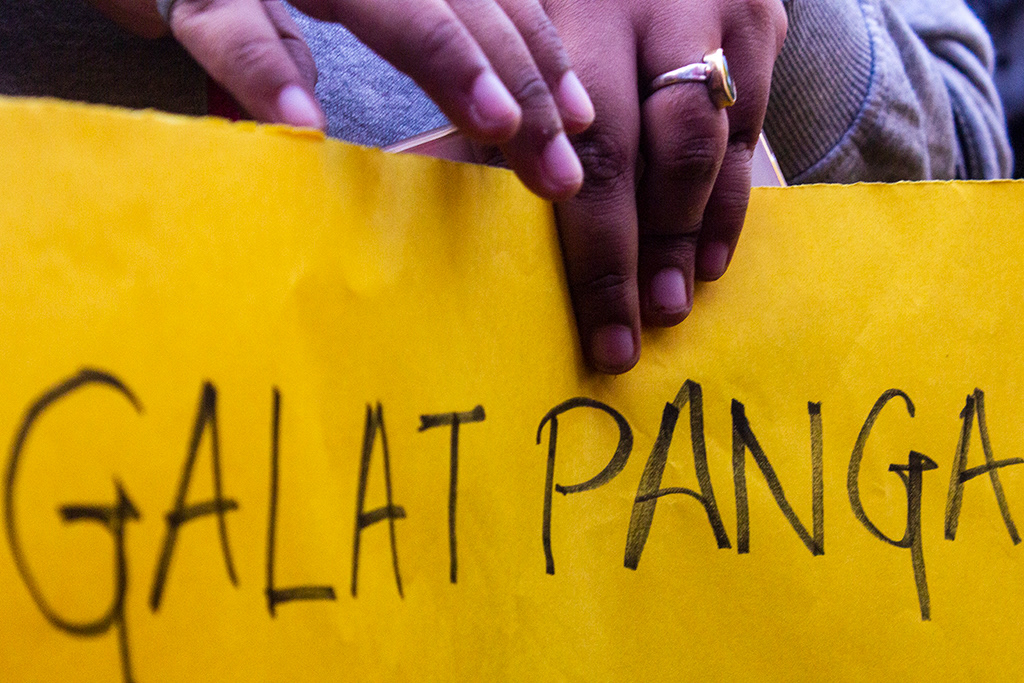
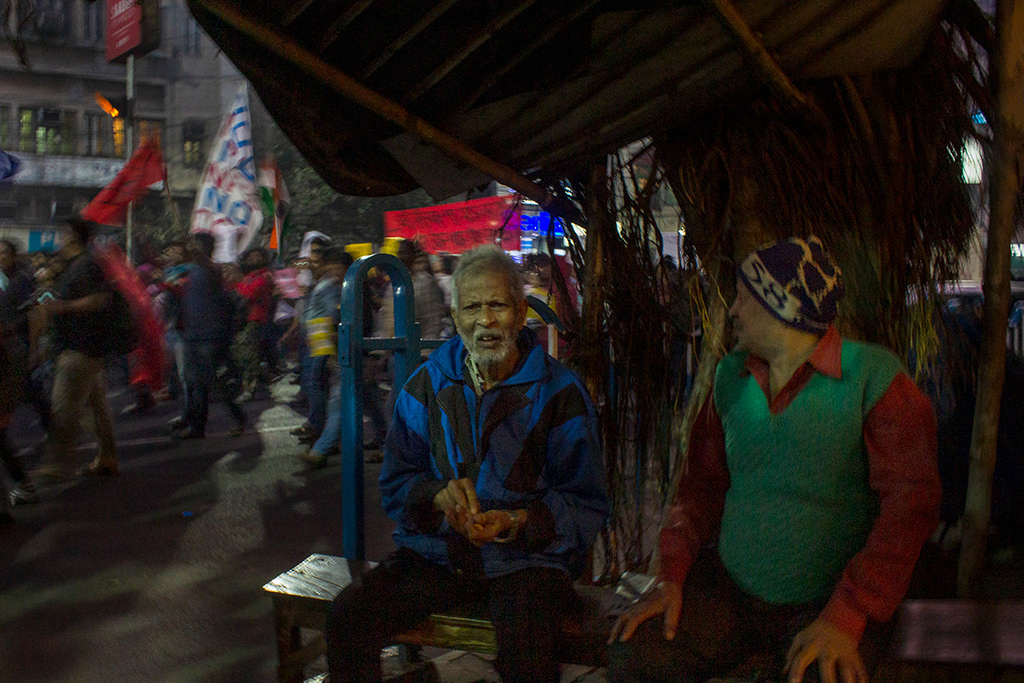
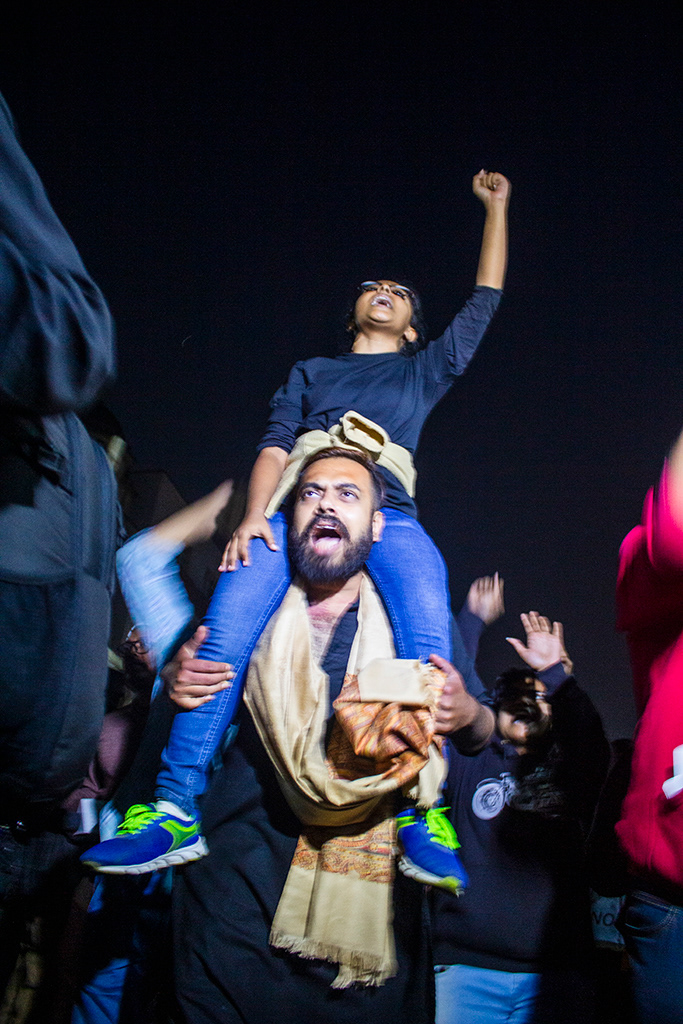
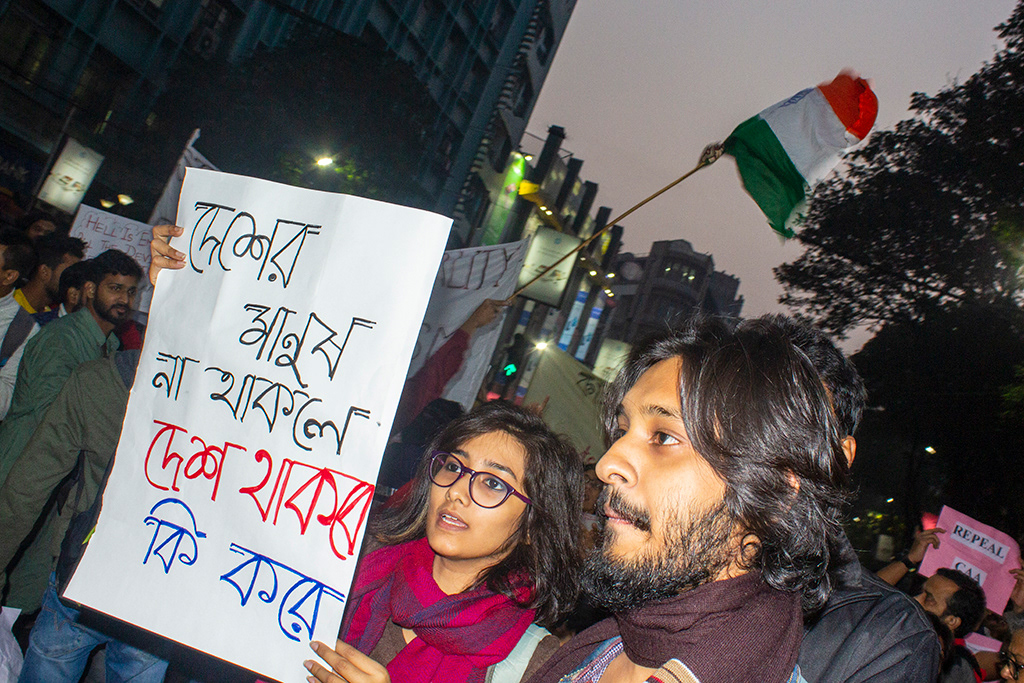
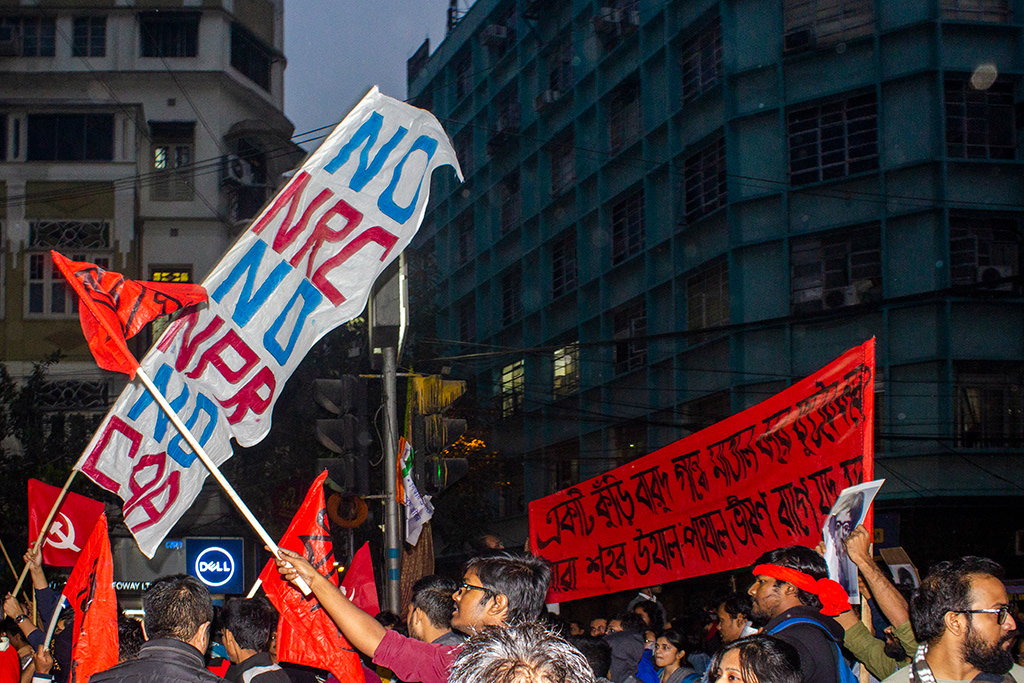
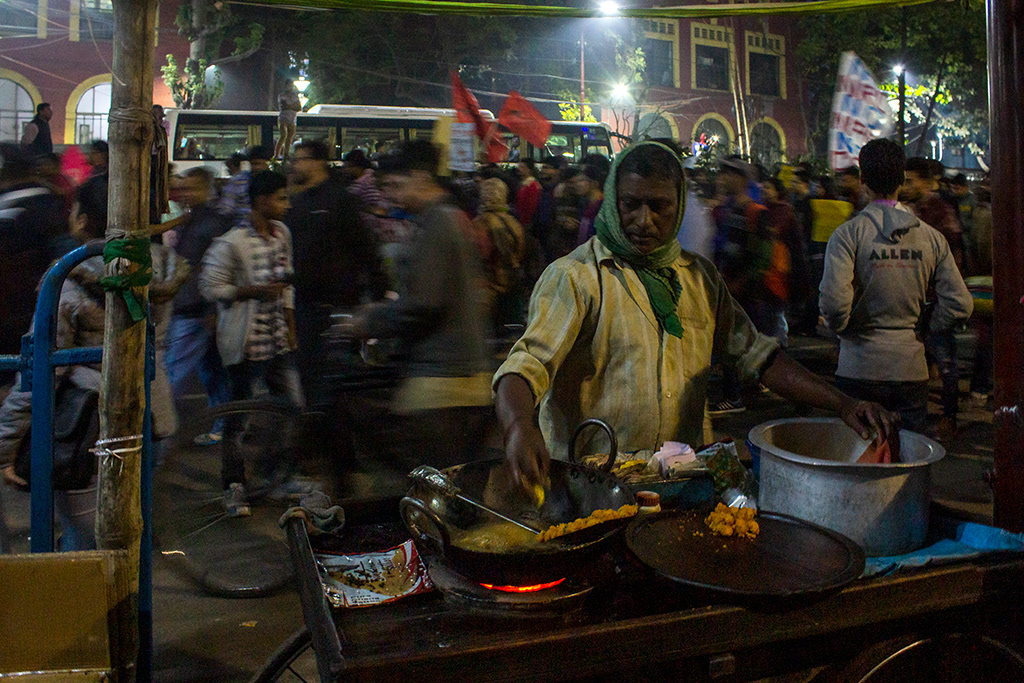
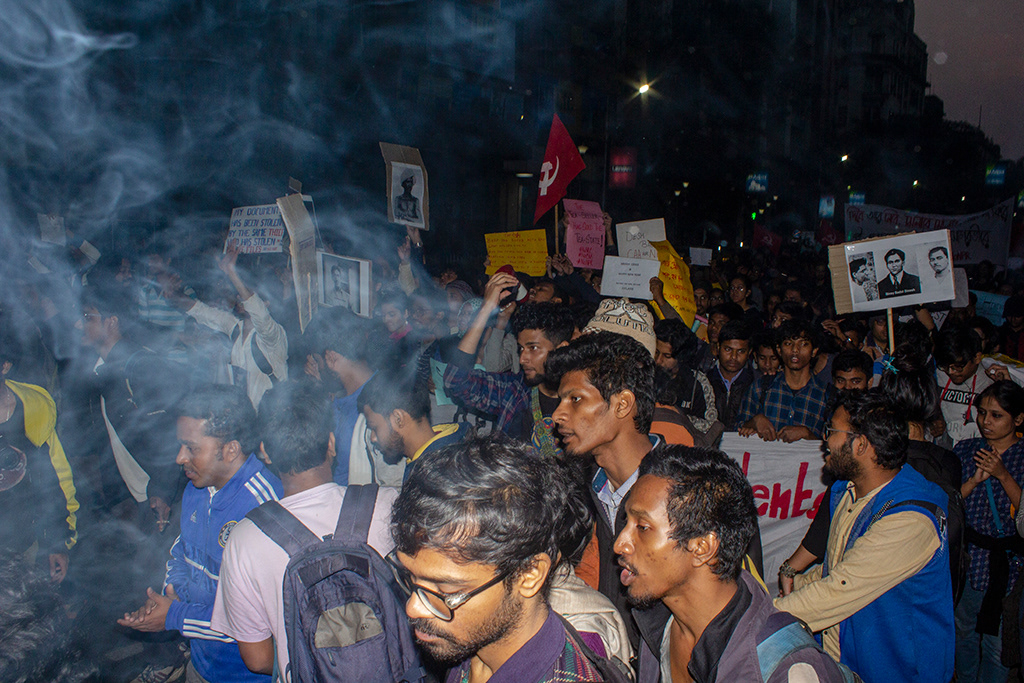
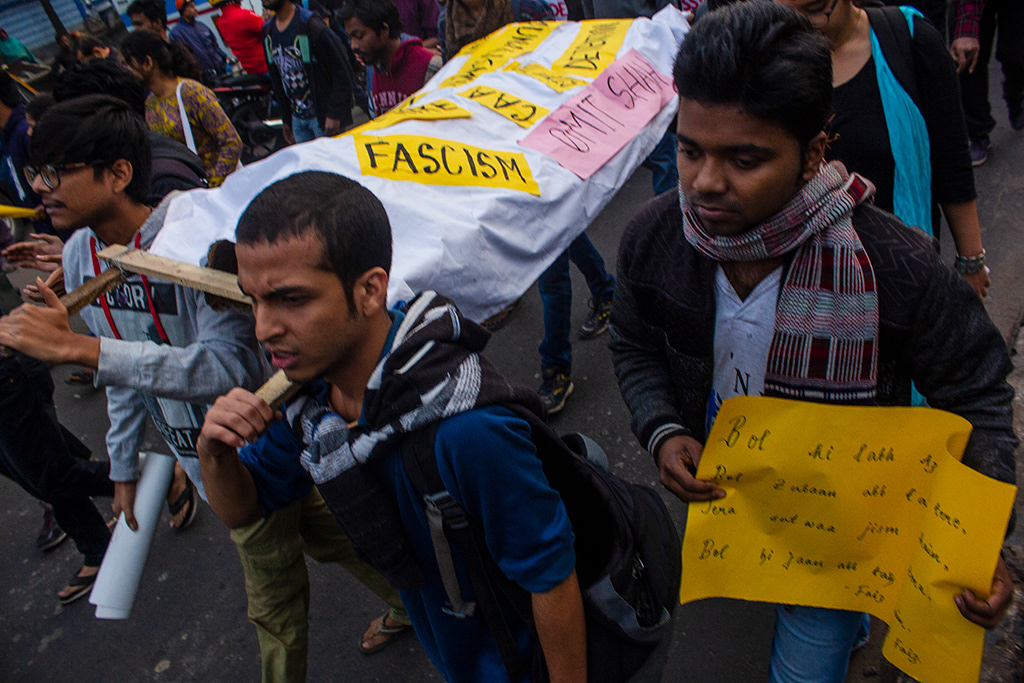
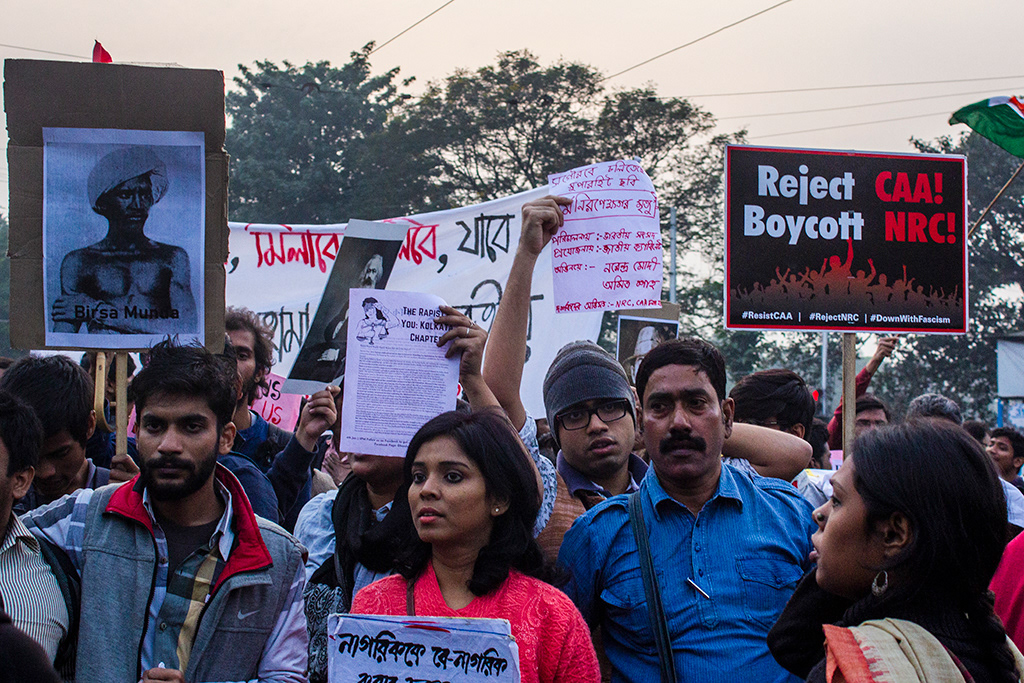
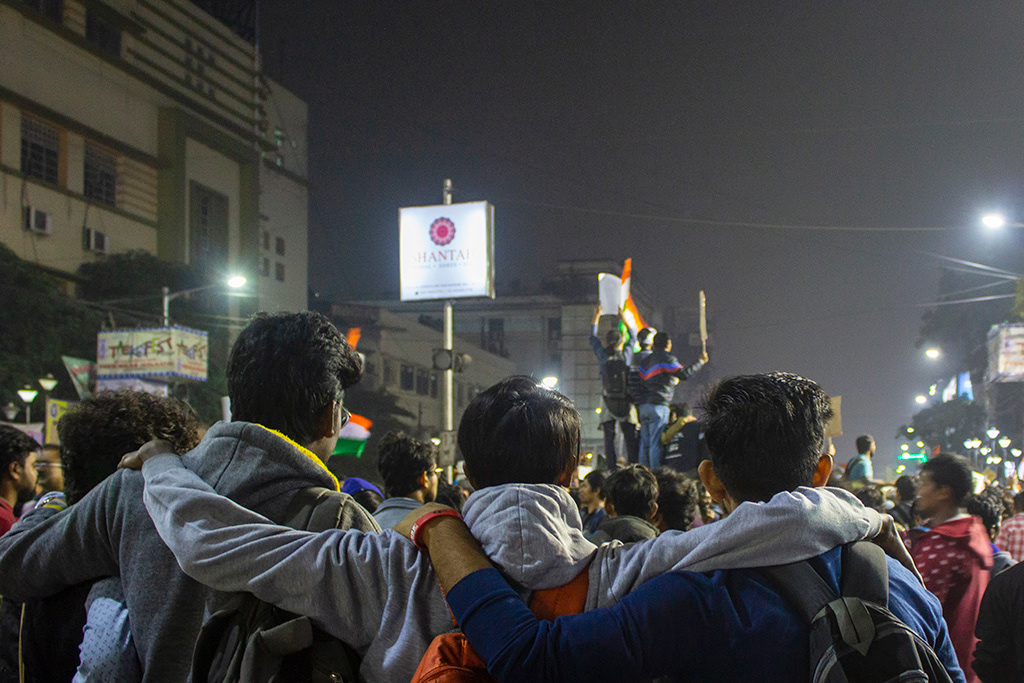
The Nationwide CAA and NRC Protests emerged as a significant movement in India, largely in response to the Citizenship Amendment Act (CAA) and the National Register of Citizens (NRC). The CAA, passed by the Indian Parliament in December 2019, grants citizenship to non-Muslim refugees from Pakistan, Bangladesh, and Afghanistan, who entered India before 2015, on the grounds of religious persecution. While the government argued that the Act was meant to protect religious minorities from these neighboring countries, critics viewed it as discriminatory, as it excludes Muslims and potentially marginalizes them in the citizenship process.
Protests erupted across the country in opposition to the CAA, fueled by concerns that it violated the secular nature of the Indian Constitution. Many feared that the NRC, which the government proposed to implement nationwide, would further marginalize Muslims, leading to their possible disenfranchisement. The NRC is intended to create a national register of citizens, requiring all residents to prove their citizenship, which opponents argue could disproportionately affect vulnerable communities, especially those who lack official documents.
Major cities like Delhi, Kolkata, Mumbai, and Bangalore saw massive demonstrations, with participants ranging from students to activists, political leaders, and everyday citizens. The protests were largely peaceful, though some incidents of violence occurred, leading to police crackdowns and curfews in certain areas. Despite the widespread protests, the government maintained that both the CAA and NRC were essential for national security and welfare, but the nationwide opposition led to heated debates about citizenship, religious identity, and the future of Indian democracy.
